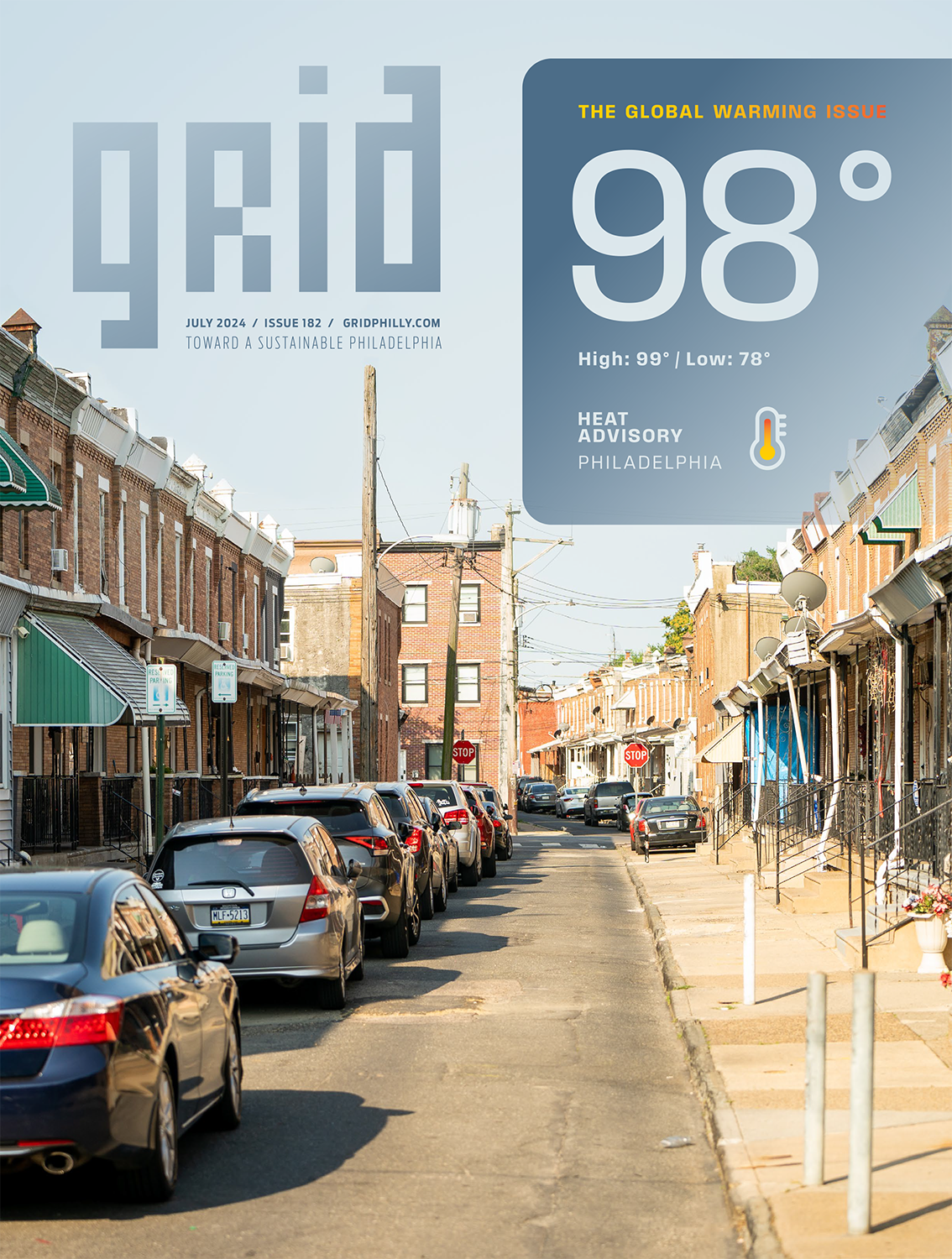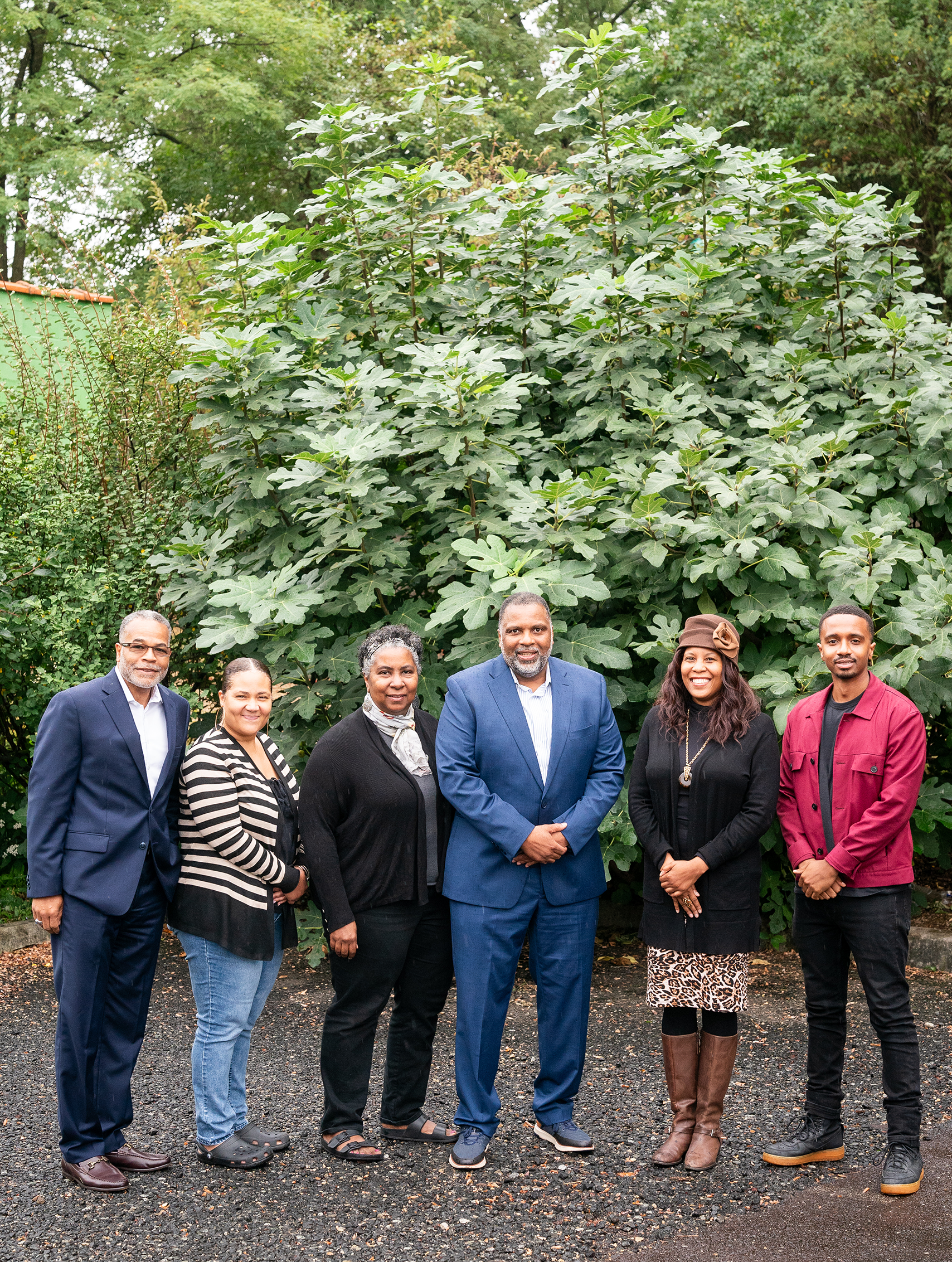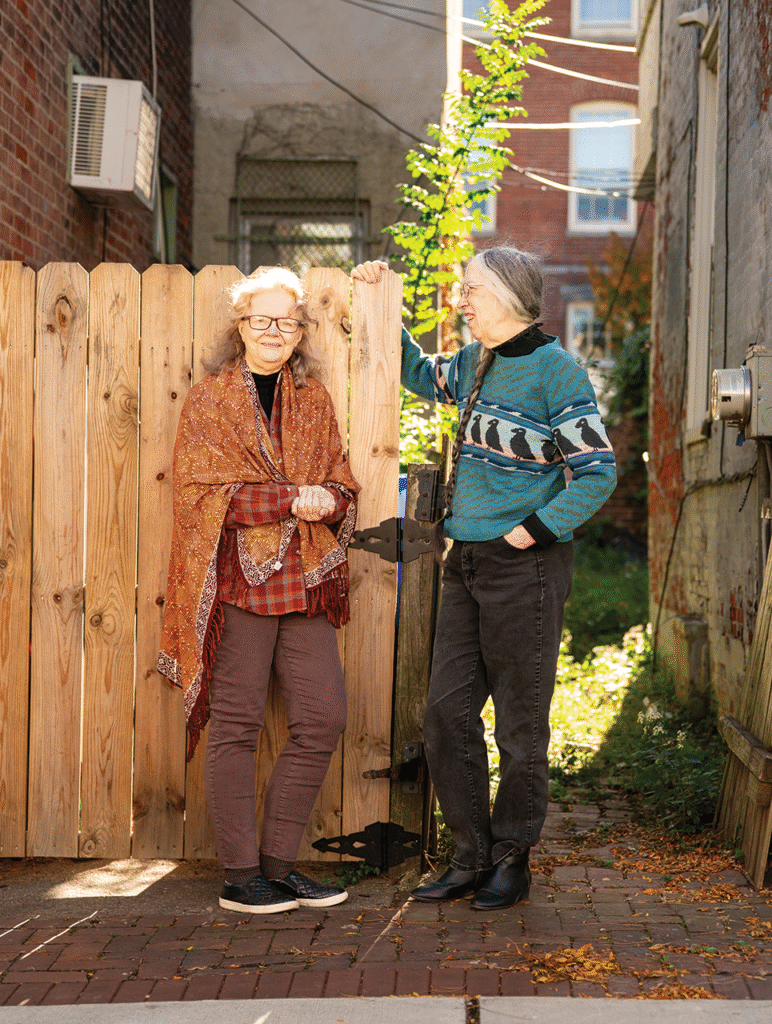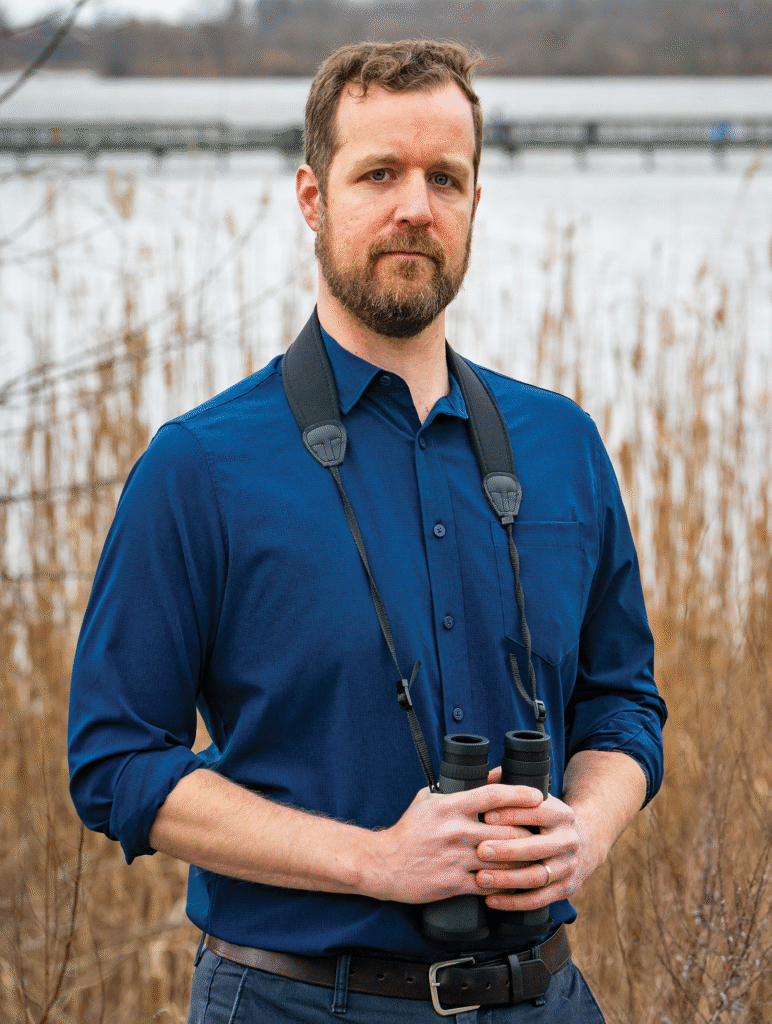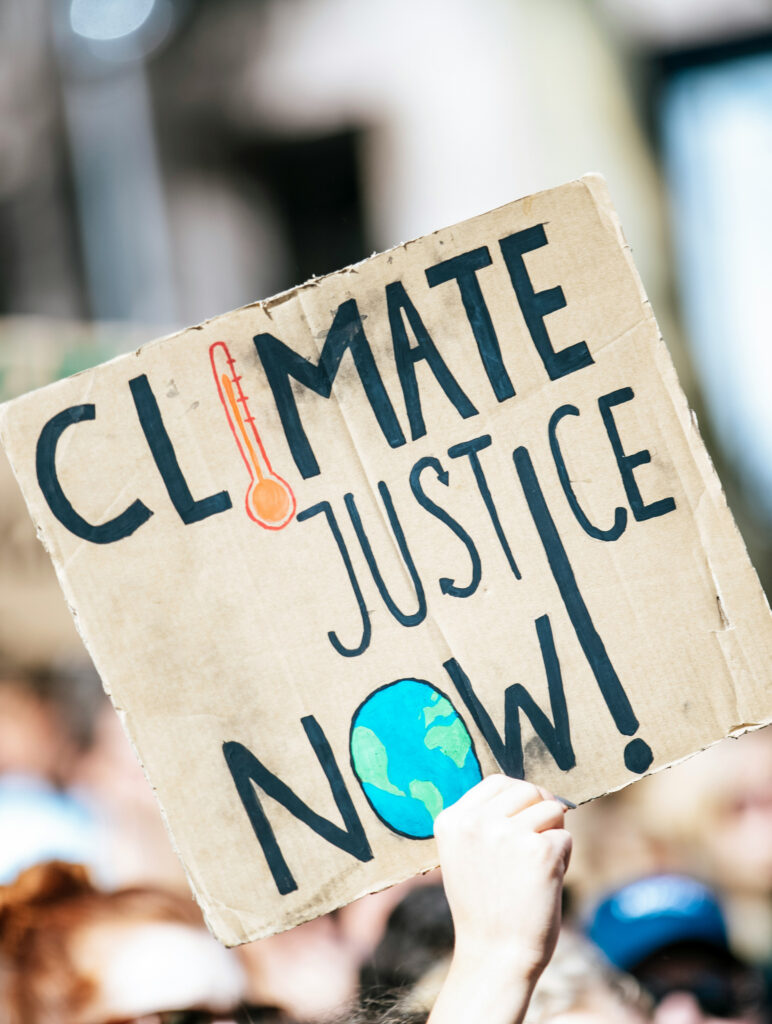- The Bullard Center for Environmental and Climate Justice at Texas Southern University offers training for students and community leaders, conducts community-based participatory research, provides information for public officials, and serves as a hub for networking and technical assistance and grantmaking for universities and communities. The center was founded by Robert D. Bullard, a sociologist known as the “father of environmental justice” for breaking new ground researching and writing about environmental racism.
- The Center for Community Engagement, Environmental Justice, and Health (CEEJH) at the University of Maryland School of Public Health works with community organizations, advocacy groups and policymakers at all levels of government to advance environmental justice. Their work focuses on equitable planning, zoning and sustainable community development. The center works in the Mid-Atlantic, Southeast, Deep South and Gulf Coast regions of the United States.
- Center for Excellence in Environmental Toxicology – https://ceet.upenn.edu/
- Deep South Center for Environmental Justice – https://dscej.org/what-we-do/
- Drexel University Environmental Collaboratory – https://drexel.edu/environmental-collaboratory/
- The Environmental Justice Mapping Screen (EJScreen), the EPA’s environmental justice screening and mapping tool, combines spatial information on community demographics and environmental indicators to help the EPA protect the environment and public health in environmental justice communities. EJScreen can be used by anyone, including community members, scientists, advocacy organizations and students.
- The EPA’s Environmental Justice Thriving Communities Technical Assistance Centers Program (TCTAC) is designed to bridge the gap between environmental justice communities and the funding they need by providing education and support on the grantmaking process. With the help of local partners, including West Philadelphia’s Overbrook Environmental Education Center, the program will use $12 million to reach communities across the Mid-Atlantic that are ready for change but need support to make it happen. Nationally, the program features 17 centers and $177 million in total funding from the Inflation Reduction Act.
- The Environmental Protection Network advocates for improvements to the Environmental Protection Agency’s structure and management, provides analysis and information to federal lawmakers, and provides technical assistance and training to communities of color and low-income communities. The network is made up of former EPA staff.
- The Green and Healthy Homes Initiative is the Region 3 Thriving Communities’ Grantmaker and works to make homes more energy efficient as well as healthier by reducing lead exposure and asthma triggers, reducing fall hazards and providing weatherization. The Initiative advocates for government action for healthy homes and provides training and technical assistance on the topic. It also provides grants to community organizations working to make homes healthier in environmental justice communities.
- The Inflation Reduction Act (IRA) made funding and technical assistance for environmental justice work available for specific disadvantaged communities. The Inflation Reduction Act Disadvantaged Communities Map helps potential applicants for IRA environmental justice federal funding and technical assistance determine whether they are operating in a geographic area that is eligible for funding and technical assistance.
- The Institute for Sustainable Communities is a national Grantmaker and TCTAC who creates partnerships that support communities across the planet particularly affected by global warming. ISC provides support and training to local organizations involved with regional TCTACs.
- John Hopkins University – Community Health Addressing Regional Maryland Environmental Determinants of Disease https://www.jhu-charmed.com/
- Lawyers for Good – https://www.lawyersforgoodgovernment.org/
- Los Jardines Institute – https://losjardinesinstitute.org/crew
- The National Wildlife Federation’s Environmental Justice, Health and Community Revitalization Program supports local environmental justice initiatives. The federation is working with local TCTAC hubs, including the Overbrook Environmental Education Center, to help them deliver training and support to community-based organizations working for environmental justice.
- Pennsylvania Department of Environmental Policy – https://www.dep.pa.gov/PublicParticipation/OfficeofEnvironmentalJustice/Pages/default.aspx
- Philadelphia Energy Authority – https://philaenergy.org/
- Philadelphia Office of Clean & Green – https://officeofcleanandgreen.org/
- Philadelphia Office of Sustainability – https://www.phila.gov/departments/office-of-sustainability/
- The Renewable Thermal Collaborative is a global coalition of organizations, including manufacturers and local governments, scaling up renewable heating and cooling at their facilities in order to cut carbon emissions.
- Sustainable Communities Institute – https://sustain.org/impact-areas/
- University of Maryland Environmental Finance Center – https://arch.umd.edu/research-creative-practice/centers/environmental-finance-center
- University of Maryland School of Public Health – https://sph.umd.edu/MATCH
- WEACT For Environmental Justice – https://www.weact.org/whoweare/ourstory/
- The William Penn Foundation is the largest regional private funder in the Philadelphia area. Its Environmental and Public Space funding supports efforts to reduce illegal dumping, plant more trees and improve greenspaces, improve water quality by reducing combined sewage overflows and inspire Philadelphians to spend more time outdoors.
National Library of Medicine – MedlinePlus – Consumer health resource with links to authoritative information on health topics. https://medlineplus.gov/
Specific Medline Plus Topics Pages:
- Environmental Health – https://medlineplus.gov/environmentalhealth.html
- Air Pollution – https://medlineplus.gov/airpollution.html
- Asthma – https://medlineplus.gov/asthma.html
- Drinking Water – https://medlineplus.gov/drinkingwater.html
- Electromagnetic Fields – https://medlineplus.gov/electromagneticfields.html
- Hazardous Waste – https://medlineplus.gov/hazardouswaste.html
- Indoor Air Pollution – https://medlineplus.gov/indoorairpollution.html
- Lead Poisoning – https://medlineplus.gov/leadpoisoning.html
- Mercury – https://medlineplus.gov/mercury.html
- Molds – https://medlineplus.gov/molds.html
- Noise – https://medlineplus.gov/noise.html
- Occupational Health – https://medlineplus.gov/occupationalhealth.html
- Oil Spills – https://medlineplus.gov/oilspills.html
- Pesticides – https://medlineplus.gov/pesticides.html
- Radiation Exposure – https://medlineplus.gov/radiationexposure.html
- Water Pollution – https://medlineplus.gov/waterpollution.html
Health Hotlines – Directory of health-related organizations with toll-free telephone numbers
A Health Hotlines App is available for iPhone, iPod Touch and iPad
https://healthhotlines.nlm.nih.gov/



